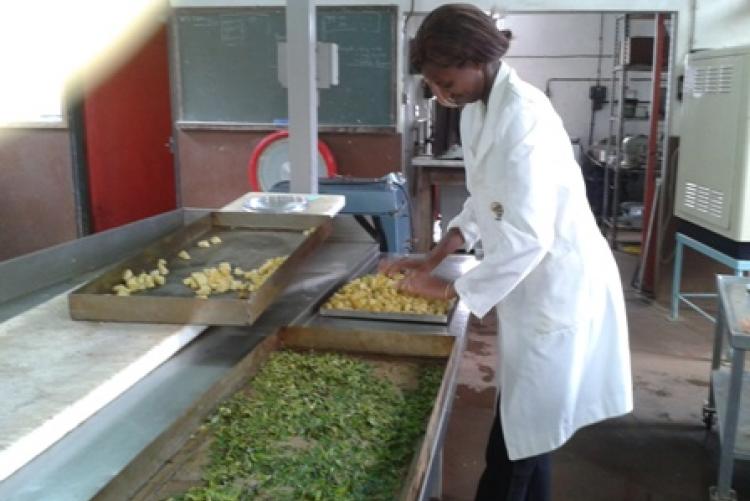Food Engineering is concerned with the design, construction, installation, operation and control of food processing plants. It requires an understanding of the basic principles of fluid flow, heat transfer, and mass transfer phenomena and application of these principles to unit operations such as evaporation, drying, thermal processing, cooling and freezing. Food Engineering is concerned with machinery and equipment that come into direct contact with foods as well as those that provide essential services in food factories such as refrigeration, air conditioning, steam and hot water generation, water treatment, waste treatment and electricity generation. Knowledge of the physical properties of foods is an essential part of Food Engineering. Packaging systems are also key to a Food Engineer.
Food Engineering has formed an essential part of teaching, training and research in the Department of Food Science, Nutrition and Technology since its establishment. The relevant courses include:
- Food Engineering Principles
- Measurement and Control Engineering
- Food Engineering Systems
- Food Plant Utilities
- Construction and Packaging Materials
The technology of specific food products research work in Food Engineering has included food product and process development, optimization of food process operations, efficient energy utilization and solar energy in food processing.
The department has a multipurpose food processing Pilot Plant as well as a measurement and control laboratory. There is a strong linkage with the food processing industry in both teaching and research activities.

